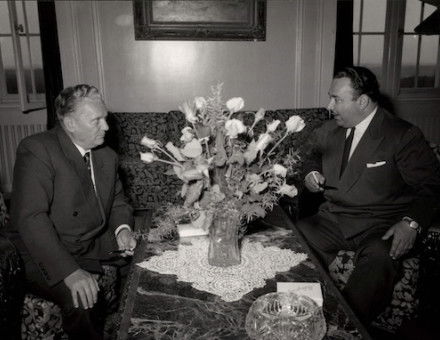Hereward the Wake
Four years after William I's conquest of England, writes J.J.N. McGurk, a Lincolnshire thegn named Hereward led a fierce resistance movement against Norman rule.
Nine centuries ago a heroic resistance movement took place in the Fenlands of East Anglia around Ely and Peterborough against the newly established Norman regime of William the Conqueror; its leader, the renowned but shadowy figure of Hereward the Wake. Apart from Arthur, there is hardly another name with which fiction has been so busy.
A century ago that great historian of the Norman Conquest, Edward Freeman, collected ‘and collated all that there is to know of this rebel leader. Other pens have since tried to reconstruct Hereward’s history but have added little to Freeman’s work.
William had made himself master of England within three and a half years of his first landing at Pevensey. He encountered no opposition in his march from Hastings to Dover and the ease with which he came, saw and conquered must have taught him the lesson that what he had done another might also do.





